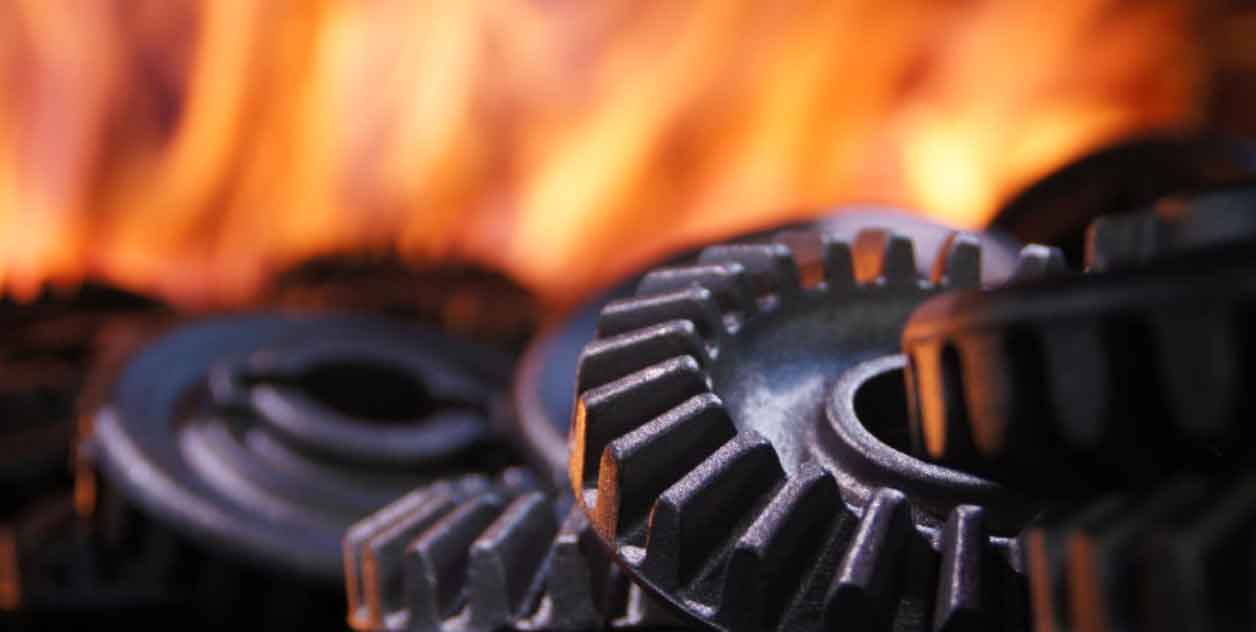
Gear forgings, also known as forged gears, are a crucial component in many mechanical systems. The process of gear forging involves shaping metal into the desired gear shape using heat and pressure. This manufacturing technique offers several advantages over other methods of gear production, including increased strength, improved material properties, and enhanced reliability.
1.Strength and Durability:
Gear forgings are known for their exceptional strength. The forging process compacts the metal grains, resulting in a refined grain structure that increases the material’s strength and resistance to fatigue. This makes forged gears highly durable and capable of withstanding heavy loads and extreme operating conditions.
2.Improved Material Properties:
The forging process alters the internal structure of the metal, aligning the grain flow along the contours of the gear teeth. This grain flow orientation enhances the material’s resistance to cracks and defects, making forged gears more reliable and less prone to failure. Additionally, the controlled heating and cooling during forging eliminate internal voids and porosity, further enhancing the material properties.
3.Design Flexibility:
Gear forging allows for a wide range of design possibilities. The process can produce complex gear geometries with high precision, ensuring accurate tooth profiles and smooth meshing. This flexibility in design enables the creation of custom gear solutions tailored to specific applications, maximizing performance and efficiency.
4.Cost Efficiency:
While gear forging may involve higher upfront costs compared to other manufacturing methods, it offers long-term cost benefits. The superior strength and durability of forged gears result in reduced maintenance and replacement costs over the gear’s lifespan. The high-quality material properties also contribute to improved efficiency, reducing energy consumption and enhancing overall system performance.
5.Versatility:
Gear forgings find applications across various industries, including automotive, aerospace, oil and gas, power generation, and more. They are used in critical systems such as transmissions, engines, turbines, and gearboxes, where reliability and performance are paramount. The versatility of gear forgings ensures their widespread adoption in demanding environments and high-performance applications.
It’s important to note that gear forging is a specialized manufacturing process that requires expertise and advanced equipment. Proper quality control measures, including non-destructive testing, are implemented to ensure the integrity of the forged gears.
